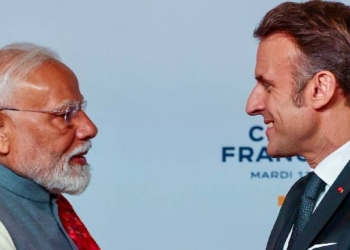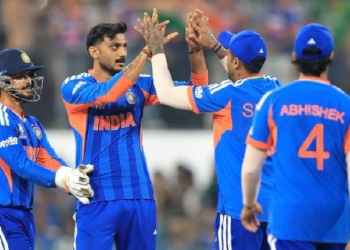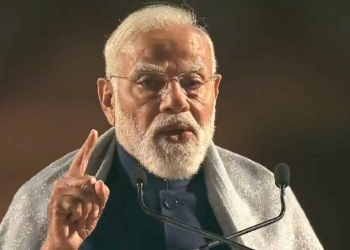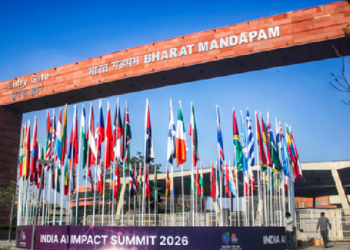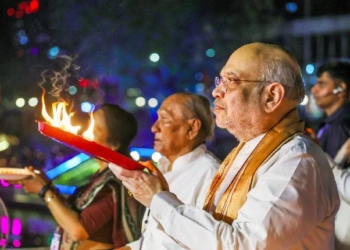New Delhi: The Supreme Court on Friday issued notice on a plea seeking declaration that promise or distribution of cash assistance made by Chief Ministers of poll-bound Madhya Pradesh and Rajasthan amounts to bribery and undue influence.
A bench comprising of CJI D.Y. Chandrachud and Justices J.B. Pardiwala and Manoj Misra agreed to examine the plea and sought responses from the Union government, Election Commission and both the states cpncerned within a period of four weeks.
“Everything that the government says in ‘public interest’ need not to be in ‘public interest’’. There cannot be nothing more atrocious than permitting a government to distribute cash. Six months before the election, these things start,” submitted the petitioner, adding that the burden caused due to distribution of illegal freebies ultimately shifts on taxpayers.
The bench expressed its reservation, saying that “before elections, all kinds of promises are made and it cannot control them”.
However, it ordered that it will tag the present plea with the existing issue of “freebies” being dealt by the apex court in the Ashwini Kumar Upadhyay case.
The bench also questioned the petitioner for naming the office of the Chief Ministers of Madhya Pradesh and Rajasthan as respondents in the case and asked him to substitute them with respective state governments.
The petitioner said that he also impleaded the RBI as a respondent party to prevent the central bank from disbursing further loans to the two states.
The plea sought a declaration that promise or distribution of irrational freebies from the public fund before election to lure voters is analogous to the bribery and undue influence – offences under Section 171-B and Section 171-C of the IPC.
The petition said that comprehensive guidelines should be framed for announcements made by the Chief Minister before election for utilisation of consolidated funds purportedly made for public purpose.
In the pending case filed by advocate Upadhyay, the top court had earlier remarked that freebies announced by political parties may push states towards imminent bankruptcy and referred the matter to a three-judge bench. In the 2013 Subramanian Balaji vs Tamil Nadu case, the Supreme Court had held that distribution of free colour TV sets by the DMK after winning the Tamil Nadu assembly elections could not be called “corrupt”.
(IANS)




